ZOMG!
Declan Coogan read my blog. If you don’t know who he is, don’t worry. If you do… ZOMG!
Declan,
Thank you for reading the voice I wasn’t hearing in the darkness.
Regards,
The Mom
Now it's mostly better, and the cracks are held together with duct tape
Declan Coogan read my blog. If you don’t know who he is, don’t worry. If you do… ZOMG!
Declan,
Thank you for reading the voice I wasn’t hearing in the darkness.
Regards,
The Mom
Not if they want to.
Not always as well as they want to.
Sometimes I only do as well as I can, and not as well as I want to.
Sometimes it is easier to remember this than others.
Sometimes it is hard to accept other people’s limits.
Sometimes it is hard to forgive my own.
Einstein is often misquoted as saying:
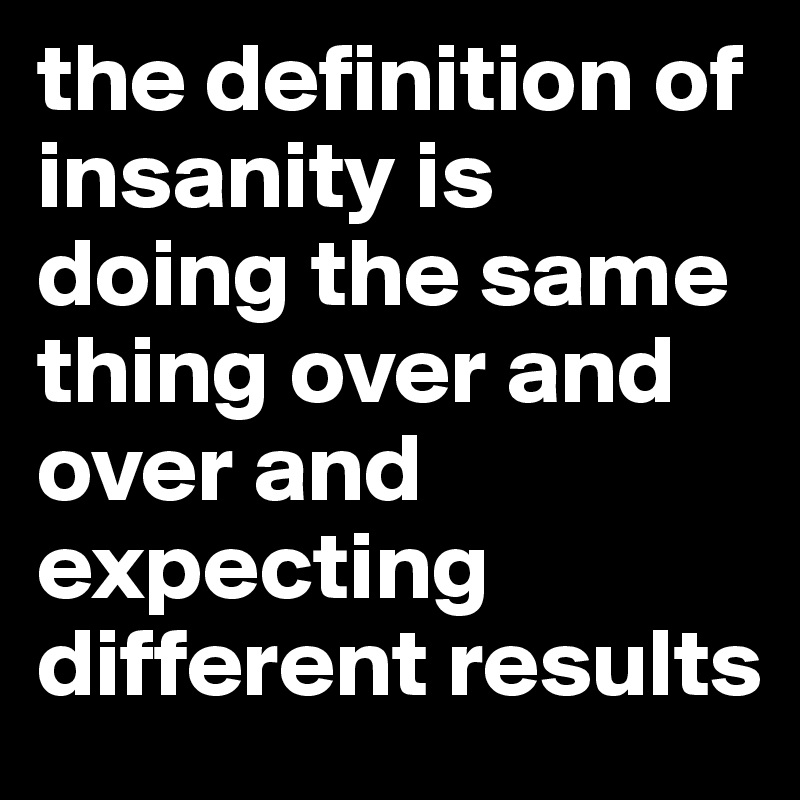
However, Charles Dickens did actually say:
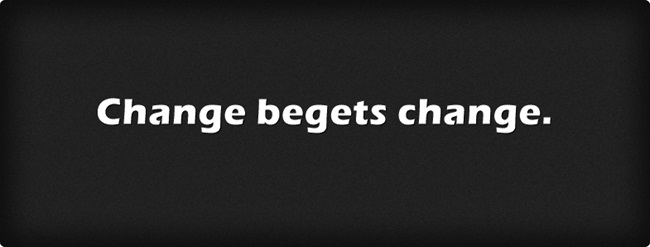
And Jean Luc Picard (a darned nice guy, played by an awesome guy) said:
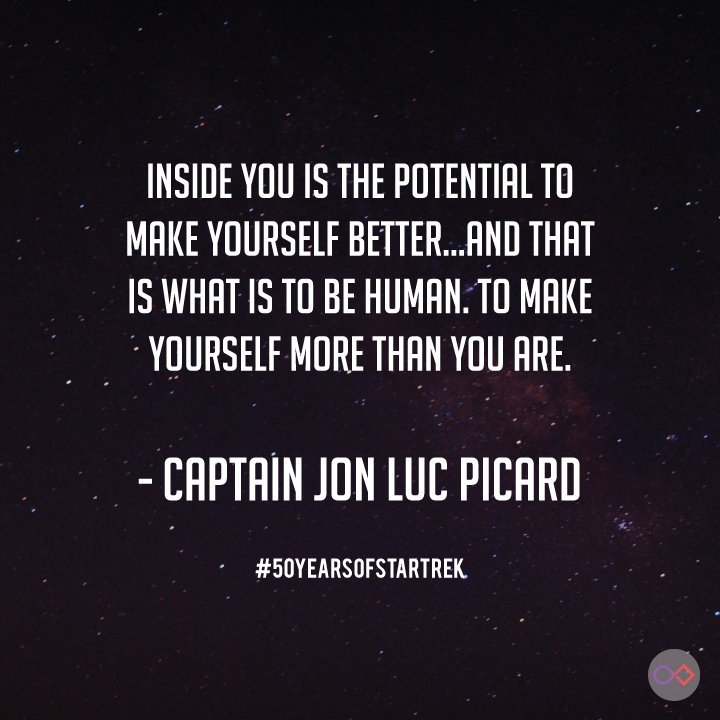
Simone de Beauvoir said:
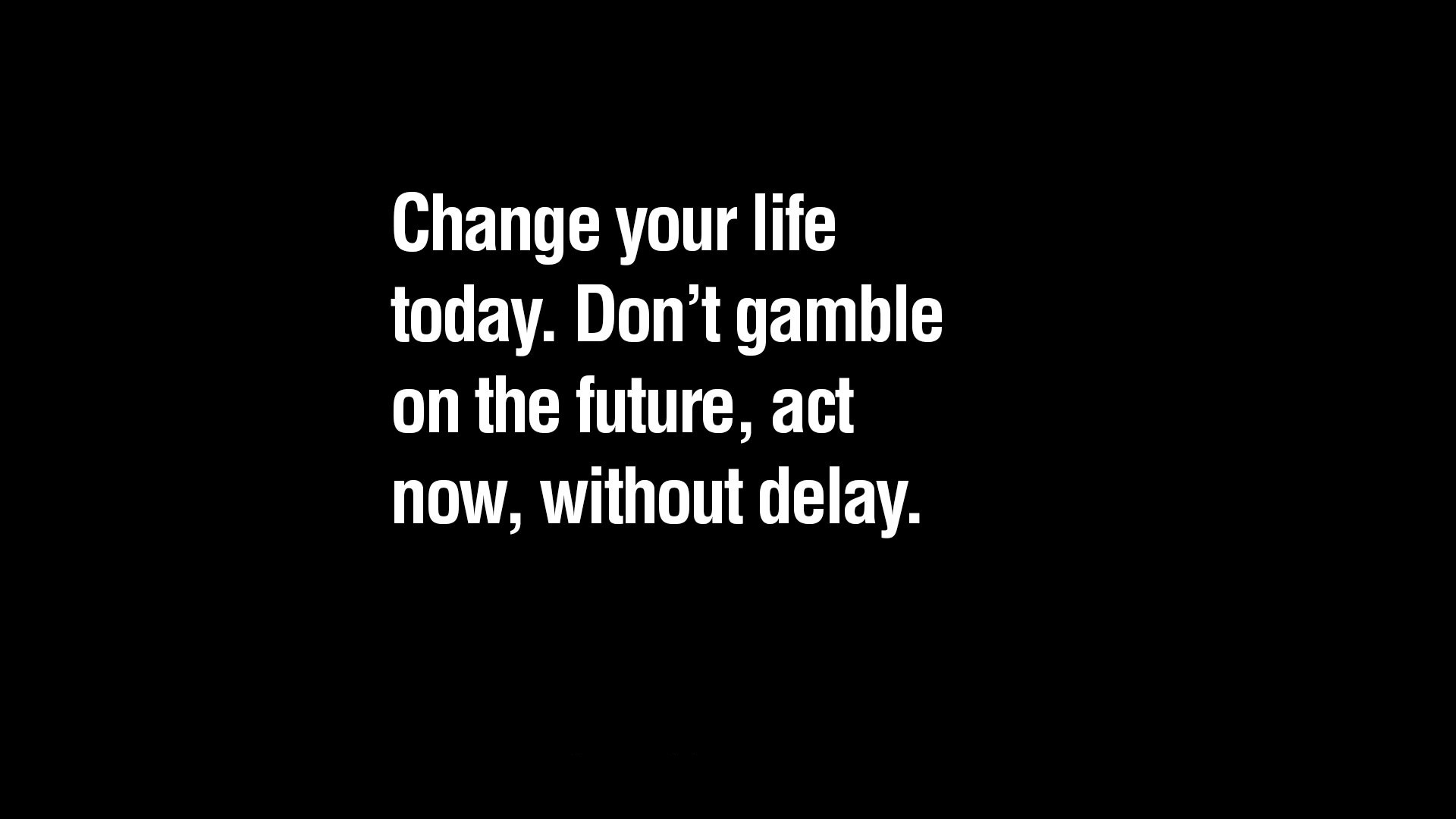
And now it is my turn:
You are the adult in the broken relationship with your child. It is on you to fix the relationship, and that will require you to change.
Change is hard but I can assure you…
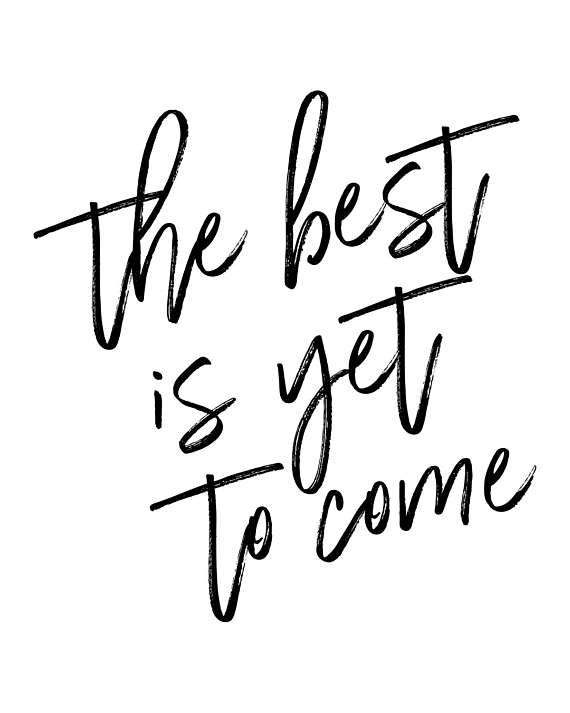
I have come to learn that who you are, where you live, how educated you are, how informed you are, along with many other things, impact whether you will “get” a diagnosis for your kid.
A highly educated professional with links to the upper echelons of the psychiatric community where I live replied “You are too well educated and too middle class to be on anyone’s radar” when I explained the situation with The Boy. She was only saying what I already knew.
In the middle of an ongoing crisis in our family I was told by a social worker that she was sorry she hadn’t been in touch (for 3 weeks) as she had been “dealing with an emergency all week”. She knew everything that was going on for us but clearly our emergency wasn’t emergent enough to hold her attention.
Over the last 7 years we have seen…
2 Occupational Therapists
2 Psychiatrists
2 Psychologists
4 Social Workers
A Paediatric Mental Health Nurse
A Play Therapist
and A Fairy Godparent, ok A Parenting Coach but she may as well be called a Fairy Godparent
One of the psychologists talked to The Boy for about 3 hours in total before insisting on referring him elsewhere. The place he was referred to had a year long waiting list, didn’t actually talk to him and discharged him without so much as a backward glance. The second psychologist assessed him (without actually talking to him) for one atypical cognitive dysfunction (ADHD) but nothing else. The play therapist saw him for about 25 hours, declared him fixed and when I explained that his actions at home were unchanged suggested I seek therapy for my negativity. Both psychiatrists, neither of whom actually talked to him, said there was nothing wrong with him, and discharged him.
Doctors here are loath to diagnose anxiety & ODD and the likes of DMDD, PANS, PANDAS, and PDA aren’t even an option.
Colleagues and friends in the US are in completely different situations. They have alphabet soup for breakfast. Diagnoses are handed out like Smarties. Pills and therapies come fast behind that.
And yet they are still showing up with the same problems I was dealing with. The pills and therapies aren’t a magic wand. They were where I was, on the bad side of a parenting issue with no idea how to deal with it.
I can’t count how many times I was told it was a parenting issue without being given any advice on how to resolve those parenting issues. That was a diagnosis I just couldn’t accept because to accept that diagnosis I would have to acknowledge that I was partly responsible for the fact that we got to where we were. And to do that I would have to accept that I was part of the solution.
Different geography would put me on a psychiatrist’s radar
Different social class would put me on a social worker’s radar
Different educational or professional status would put me on a social worker’s, or child protection service’s radar
Being on a different radar wouldn’t actually save us.
When I left the last psychiatrists office I stopped looking for a diagnosis, mainly because even if he had a diagnosis of ASD there are no services for kids with ASD here unless I access private services.
No one was going to come along with a magic pill or therapy that would fix The Boy and make life the way I had imagined it would be. No knight in shining armour was going to climb up the tower and save me.
As loathe as I was to admit it, I was the one who was going to have to save us, but in order to do that I was going to have to save myself first. I would have to be my own knight in shining armour.
My mother has been known to say “S/he didn’t lick it off the grass”. I wonder if I was anxious before The Boy was born. In moments of complete honesty I know I was anxious as a child, that my nascent anxiety was competing for attention with a young Christopher Reeve as he flew across the big screen.
Parenting a child with anxiety is not easy. It comes with it’s own unique challenges which are made worse by my own anxiety.
The Boy experiences the world differently, everything feels different. When he is anxious all of those feelings are bigger, stronger, harder, rougher, sharper, smellier, louder, etc etc
So many of our interactions over the last decade or so, could/would/should have been different when viewed through a lens of “this child is anxious” not “this child is difficult”.
I fought with that “difficult” child so many times, unable to see, accept, understand the fact that the stuff in his head was paralyzing his experience of life.
Last week he told me that it was possible that his subsequent clothes were uncomfortable because he was cross that the first item of clothing hadn’t fit properly. This is a huge breakthrough for him because until now the blame always lay with the clothes.
I wish I could say that I am always able to set aside my anxiety in order to help him with his. I haven’t managed that yet, but I am working on it. I am very aware that when I am anxious he is too. He didn’t, afterall, lick it off the grass.
I am honest about my anxiety. I talk about it at the dinner table. I tell him when I need a breather because I am feeling overwhelmed. I refuse to allow mental health issues to be a secret in my home because allowing them to remain secret allows them to remain stigmatised.
Him: Mom?
Me: Yes baby?
Him: You know the website you made about us?
Me: Yes
Him: Will you not tell my friends about it?
Me: I am not going to tell anyone about it, and anyone who is told about it will not be told that it is us.
Him: Right, because you are The Parent, I am The Boy and he is The Brother
Me: Right! I am also only going to write about things that are happening now, and what we did to get to where we are now.
Him: But if you don’t tell them how bad it was, how will they know how much better it is now?
Me: I will tell them it was bad. They don’t need to know exactly what happened, just that it was bad and now it is great
Him: And you’re not going to tell my friends?
Me: I have no interest in shaming you. I have no interest in embarrassing you. I just want other people to know that they can make it better too.
Him: Good, because it is much better. Other people should know.
More than a decade ago I grew him in my body. Over the last year he grew in my heart. I am so proud of him for being able to see that we might be able to help other people but also to calmly express his concerns knowing he would be heard.
Haim Omer, the psychologist that designed the program that I used to restore peace and order in my house, makes the point that the issue is not with the child, or with the parent but is, in itself, a separate entity. It took me a long time to stop pointing my blame finger, to stop trying to prove that the issue was The Boy.
I am not sure when I came up with a visual for it, and for my relationship with The Boy but once I did it was easier to make sense of all of our interactions.
Human relationships are live Venn diagrams. That wiki is lengthy and a little over complicated for the thing I am trying to explain so…
Venn diagram. (věn) A diagram that uses circles to represent sets, in which the relations between the sets are indicated by the arrangement of the circles.
The overlapping space is our relationship. I am aware that this is an incredibly over simplified version of human relationships but bear with me.
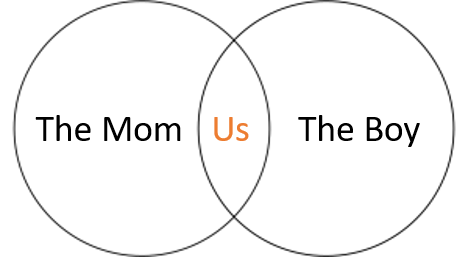
The Space Between Us is that overlap. It is the connection we share. It is common language. It is shared interests. It is shared interest.
When things were at their worst, when I was lost and had no connections anywhere, there was no overlap. There was no shared space. When there was no connection there was no way for either of us to feel heard.

No matter what he said, I couldn’t hear him. No matter what I said, he couldn’t hear me. We had no shared language. We each thought we were making perfect sense and that the other person JUST WASN’T GETTING IT! At that point he may as well have been speaking Korean while I was speaking Aramaic.
Connection is the Universal Translator. It is the thing that allows you to hear what the other person is saying, even if you don’t know what all the words mean exactly. It is the thing that allows you to say “I don’t understand what you mean, will you help me understand?” and have it land as “I am here. I care.”
For me, the hardest part of connection was getting from the Null Set (the image above) to something, anything.
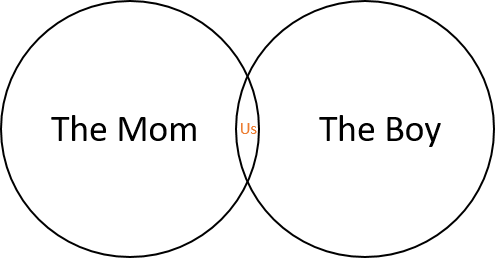
It was like going from sitting on the couch to taking a 10 mile walk. That transition was huge and I had no idea how to do it. So we coloured. We did number puzzles. I read to him. I set up a box of age appropriate table-top activities. We didn’t have to go anywhere, we didn’t have to spend money. We just needed something that would keep us in the same space for long enough that we could do something TOGETHER.
It was hard work. It took hours of just being there. Hours of my presence saying “I am here. I care.” He didn’t trust me. He didn’t trust that I would come back tomorrow and do it all over again. Heck, he didn’t trust that if he had had a hard day I would still show up that evening. That was hard for me. Sometimes I showed up with hurt feelings, sometimes I showed up so tired I couldn’t see straight, sometimes I showed up hating my life so much I could hardly breathe. They weren’t great evenings, but I showed up, I put in my best effort which often wasn’t as great as I wanted it to be, but I was there.
VERY VERY slowly the space between us grew. As it grew it was easier to grow. It required less input to maintain it and very little to grow it but of course it is now significantly easier to maintain and grow so we are both more inclined to put in the effort.
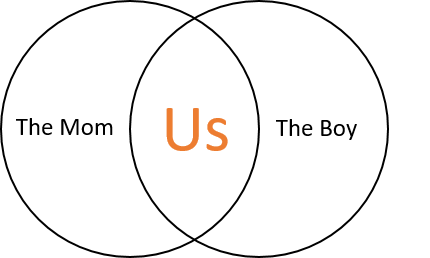
Everything is easier now that our connection is strong. We have more grace, more forgiveness, more understanding. We can have a bad interaction and bounce back out of it with ease (and an apology).
When I started this journey with The Boy (not the overall, in the labour suite journey but the “from a dysfunctional place to here” journey) I devoured parenting, self help, self improvement, communication and a variety of other websites and books. Almost every one of them had steps to being a better person/mother/parent/partner/wife/whatever and almost every one of them had
as step one. I have no idea what steps were after that because once I read that one I was stuck. So I would head off and try to find someone else or somewhere else that would provide me with a magical solution that did not involve changing anything about myself.
New things to actually DO? Fine, no problem
New things to say to The Boy? Again, fine, not a problem
New way to think about myself and other people? NO!!!!! There is nothing wrong with me!
At some point, I am not sure when, I realised that I was constantly hitting step one and running away. No one else seemed to have a step one that would let me absolve myself of any part of the problem.
The simple act of noticing when I was taking something personally was exhausting because if truth be told, it was happening all the time. Every day. Several times a day.
It is that point in time when you look at a series of bad things that have happened to you and realise that you are the only common element.
Alas it is not as easy as saying “Right, I am going to stop taking things personally” because you are often 5 miles past personal before you even realise. You have walked, more likely run into hurt feelings and the reactions they produce and before you know it everything is in chaos.
From that place of chaos we look back and the significant event is the one that happened BEFORE we took it personally, therefore it is to blame for the chaos (and more particularly the person who did the thing is blamed). We manage to gloss over our own part in the process.
Not taking things personally takes work, each and every time. I failed a lot. I would realise hours and sometimes days later that I had done it. And then I got better at it, and I failed less. Even now I sometimes miss it. I catch myself feeling “off” and more often than not I can trace it back to the moment that I took it personally.
It is in those moments that I need to remember to apologise to the other person because I didn’t hear their message, I only felt my own response.
It is in *those* moments that I connect a little more with the other person and I remind us both that we are humans, doing the best we can.
I want you to apologise. Not all the time and not for everything but I want you to use all of your words and say that you are sorry and what you are sorry for.
I taught The Boy and The Brother to use a spoon, I taught them to climb the stairs safely, I taught them the Green Cross Code. I taught them many other things but you get the idea. I taught them things they needed to know. Long before I used words to describe what I was doing (in some cases I never used words) I acted it out. I modeled how to do things. I am a talker, so I was talking out the actions as well as doing them, one shoe, two shoes, first hand, second hand, you know how it goes.
Somewhere along the way I seem to have forgotten that apologising is a learned skill that has to be modeled too. I don’t remember anyone teaching me to apologise and for some unknown reason the idea of apologising to my children seemed completely wrong, especially when they were unwilling to apologise to me.
I didn’t do the math on that one. I saw them as unwilling to apologise, not unable. Of course they were unable. I hadn’t taught them how because I hadn’t actually done it in front of them.
It was hard at first. I felt like I was grovelling, begging for forgiveness. It was made harder by the fact that they didn’t spontaneously start apologising to me for their wrongdoings.
Like any muscle, the more you work it the stronger it gets. The more you say “I am sorry I got cross earlier” the more settled your voice becomes. The more settled your voice is, the more honest and real your apology sounds. The more honest and real it sounds, the more likely it is to be believed. Rinse, repeat.
It is never too late to apologise. Often the apology cannot be heard in the moment. When the hurt feelings shutters are down and the other person cannot be reached an apology will not land the way it is intended, and will possibly be more fuel on the already blazing fire. Later, the next day, even “at some point” an apology is better than none.
Sweeping things under the carpet, not mentioning something so as to not rock the boat, simply adds to the things we DO NOT DO and we miss out on a learning opportunity. More importantly we miss out on a connection opportunity.
If the idea of apologising to your child inspires a SHOULD statement (he should know better, he should apologise) have a think about how you feel when you are told you SHOULD do something. Would you like your child to apologise because they SHOULD or because they know it is the right thing to do? Out of obligation or out of human decency?
I am still modeling the art of apology, and in the process refining my own art of apology. It is different for each child, as it should be because they are different and the reasons for apology are different.
Apologising does not make you less in the eyes of your child. It is part of the journey to satisfying, valued connection.